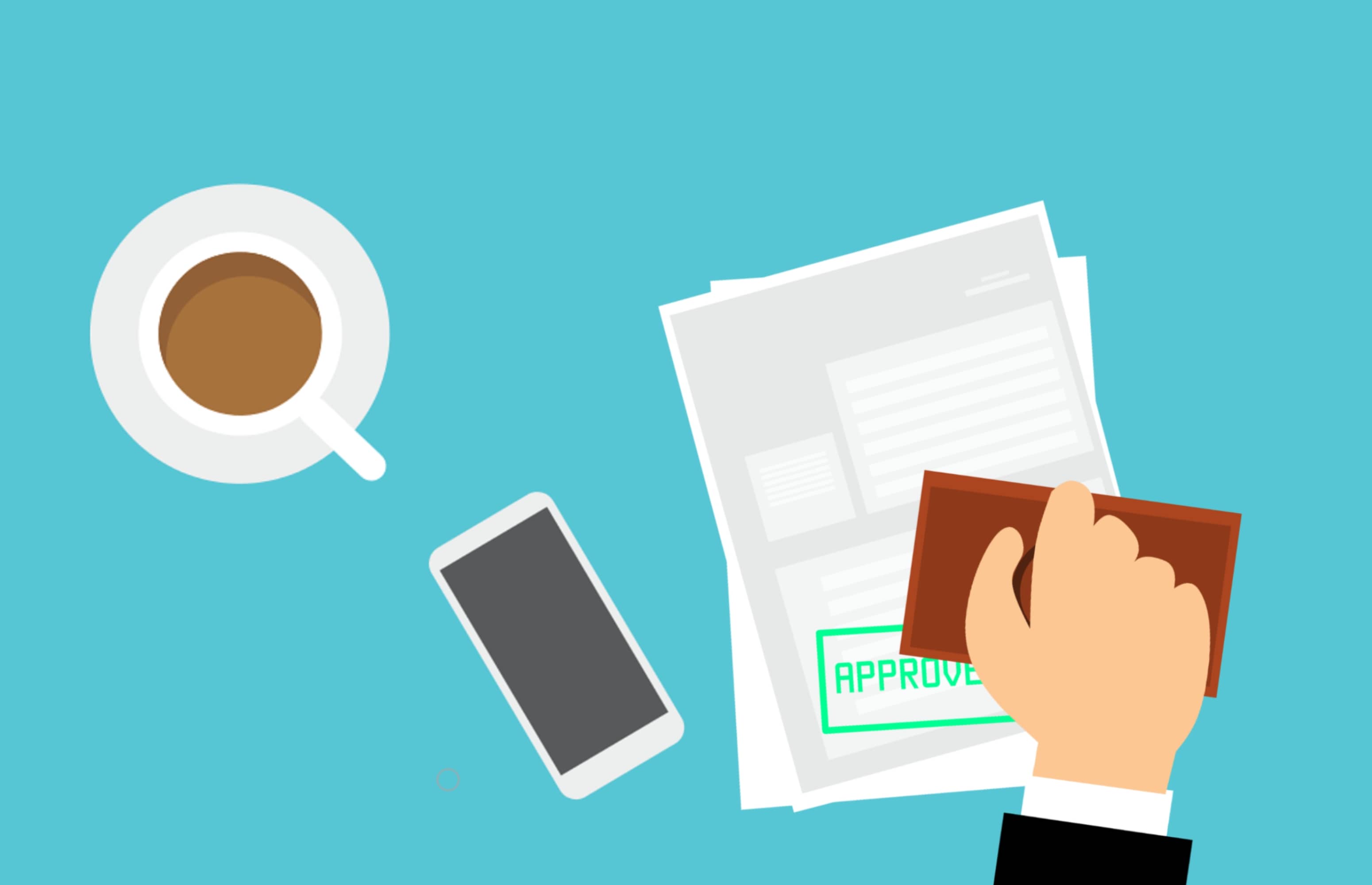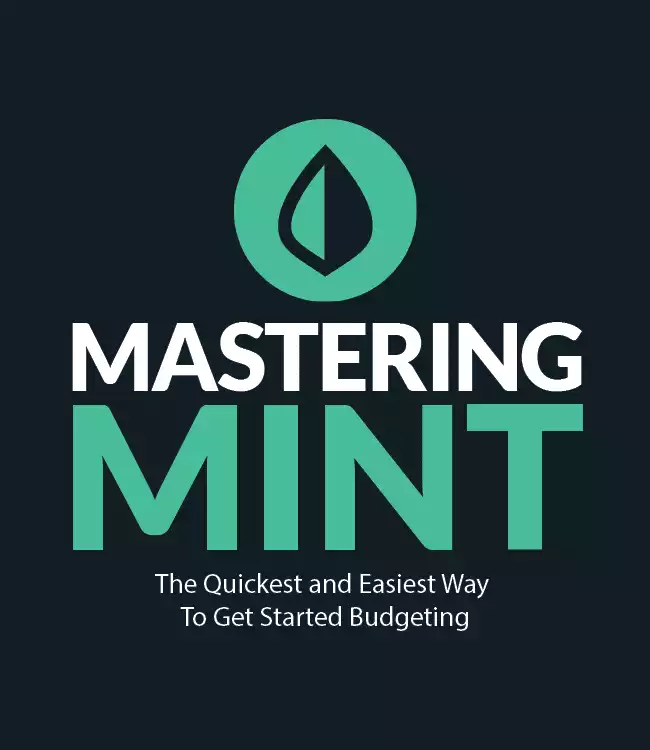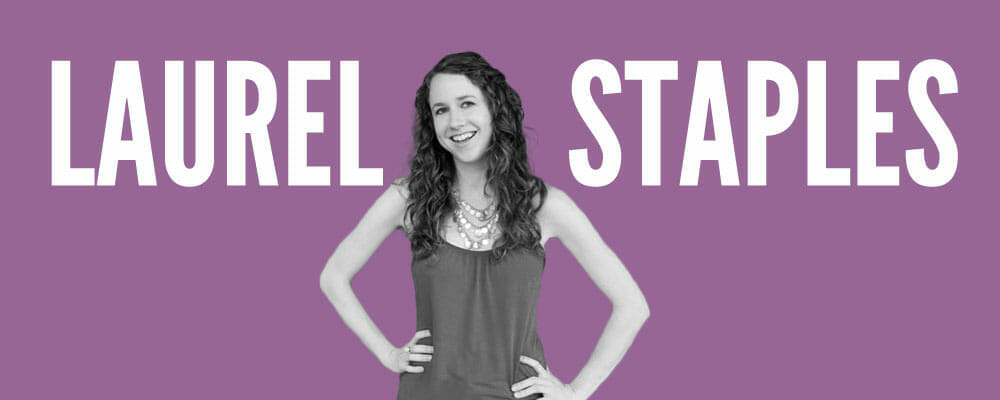We often talk about how important it is to have at least one source of passive income. There are only so many hours in the day anyone can work, so we need a way to make money that is divorced from our time. Buying a business can be one way to do that. We’ve created a ‘how to buy a business’ checklist that guides you through the process.
Small businesses make up the majority of companies in the United States. A huge majority.
Over 99 percent of America’s 28.7 million firms are small businesses. The vast majority (88 percent) of employer firms have fewer than 20 employees, and nearly 40 percent of all enterprises have under $100k in revenue. 20 percent of small businesses are employer businesses and 80 percent are nonemployer businesses.
The “mom and pop” small business has a storied place in American history because starting your own business takes a lot of the attributes Americans love to idealize; grit, hard work, sacrifice, and perseverance.
That’s the way to become a business owner on hard mode. But there is a way to become a business owner on easy mode, buy an existing business.
While business acquisition is easier than starting your own business, there is still a lot of work involved. To make it easier, we have created a ‘how to buy a business’ checklist for you.
Reasons to Buy a Business
Deciding to buy a business is a significant life decision and not something you do on a whim or out of boredom.
When I get bored, I get into trouble.
Tweet ThisBut there are some great reasons to buy a business.
Passive Income
The term “passive income” is thrown around a lot in personal finance circles, but what does it mean?
Passive income is income that requires little to no effort to earn and maintain. It is called progressive passive income when the earner expends little effort to grow it.
Some examples of passive income could include a turnkey rental property and investing.

Passive income is necessary because it allows you to earn money while doing little or no work. You’re making money that is not dependent on your time. Why?
Because if you lose your primary source of income due to a job loss or retirement, you have at least some money coming in from somewhere else.
You’re FIRE-D
FIRE stands for “Financial Independence, Retire Early.” Sometimes very early. There are people in the FIRE movement who have or plan to quit working by age 30.
If you retire young, you have a lot of years to fill and will not only need something to do, but it’s probably wise to bring in some money too.
As a Legacy
If you have children, you might want to buy a business as a legacy, something to pass onto them after you’re gone. It can also be a way to employ your children and other family members and perhaps work alongside them in the family business.
How To Buy a Business
Before you start scouring your local area looking for a business for sale or perusing bizbuysell in your spare time, run down this checklist.
Buy What You Know
We give you this same advice when we talk about buying individual stocks.
Buying what you know, whether it’s a business purchase or a stock purchase, means you’ll have to do less research before you buy, and the learning curve will not be as steep once you’re the business owner if you choose to be an active owner.
If you’ve never so much as waited tables in college, buying a restaurant is probably not the right choice. The kind of business you buy should be primarily determined by the career experience you’ve had.
Too many business buyers think of it as a way to pursue a new interest, but the stakes are too high for that.
Find a Business For Sale
There are several places to find your business:
- bizbuysell: This site is a vast marketplace with thousands of businesses for sale, and you can search by type of business, location, maximum sale price, and several other criteria.
- Business Broker: A business broker is like a real estate agent for buying and selling businesses. Keep in mind that a business broker typically represents (and is paid by) the seller, so they have a stake in getting the seller the most money possible.
- Craigslist: Yes, Craigslist has developed something of an unsavory reputation, but you can find ‘business for sale’ listings there from small business owners.
- Classified Ads: If you’re under 35, you may never have read the classified section of a newspaper, but they still exist in the digital age. And they may be the go-to for older business owners looking to retire so you might find a bargain here.
- Industry Gatherings: This can include Meetups, Chamber of Commerce events, and conferences.
Ask Why
There could be a perfectly innocent reason a business is for sale; maybe the owner wants to retire, or perhaps the business started as a side hustle and has grown enough to require more time the owner isn’t willing to devote.
But there could be a reason the business is for sale that makes it a poor investment for a new owner.
Some examples might be a superior competitor came on the scene, the business is drowning in debt, or there isn’t a big enough customer base in the area to keep the company profitable.
The current owner will have plenty of reasons to be less than upfront if there are such issues, so you need to do some due diligence.
Speak to current and past customers, vendors, nearby businesses, current and former employees, and anyone else who might have experience with the business.
Don’t forget about online review sites like Yelp or Trip Advisor (if applicable), but you know how those reviews can be so don’t discount them.
Take the really terrible and really glowing ones with a grain of salt, the truth will be somewhere in the middle.
Narrow It Down
How to buy a business is similar to how to find a partner. You cast a wide net in the beginning, but when it’s time to get serious, you have to narrow down your options based on your goals.
The main question is, how involved in the business you want to be?
Do you want a hand in the day to day running of the business, do you only want to handle a single aspect of it like the accounting or marketing, or do you want no involvement, just use the business as a source of passive income?
The next question is how much you’re willing to pay and how you’ll pay it.
What is your budget? Do you have cash in hand for the full purchase price, a downpayment, are you going to work with the Small Business Administration (SBA) to get a loan, are you hoping for seller financing?
Due Diligence
Now you’re getting down to it. You’ve found the right business. This is the point where the current business owner needs to turn over certain information so you can make a final decision.
It’s time to bring in a CPA, so you understand the business’s finances and an attorney to represent you during negotiations and structure the transaction.
This part of the process is essentially a document dump, so we’ll make an entire section to show you the information you need to perform the necessary due diligence.
This is our guide to budgeting simply and effectively. We walk you through exactly how to use Mint, what your budget should be, and how to monitor your spending automatically.
What Documents Do I Need to Buy a Business?
The financials of a business are critical to making your decision. Still, there is a whole host of information you need before you get to how healthy a company is financially.
Licensing and Permits
Every jurisdiction has its requirements for a business to open and operate. Run afoul of those requirements, and your business could be shut down.
Make sure the business has all of the licenses and permits required to operate.
Organizational Papers and Certificate of Good Standing
If the business you want to buy is a registered business entity, it will have filed organizational paperwork with the state. There will also be a certificate of good standing on file with the secretary of state, signifying that the business can operate there.
Leases
Of course, you’ll check the status and details of the building lease, but the business could have leases for equipment too. Those leases will either need to be transferred from the current owner to the new owner, or the new owner will have to negotiate new leases in his or her name.
Contracts
Look at any existing contracts the current owner has with customers. If a vast majority of the company’s business is coming from just one or two clients, that could be dangerous for a new owner.
Perhaps those customers do business with the company because they have a relationship with the owner, and if ownership changes, they may take their business with them.
The Financials
Now you’re getting into the weeds. You’ll want your accountant to look at a few years’ worth of financial documents before you make your decision. That should include:
- Tax returns
- Cash flow statements
- Balance sheets
- Accounts receivable
- Accounts payable
- Outstanding debt
If the business isn’t profitable, that doesn’t have to be an automatic “No” from you.
Perhaps the owner has been phoning it in for a while now because he or she no longer had their heart in it, or maybe it’s a new business that hasn’t quite gotten off the ground yet.
Complete Inventory
You’ll want a full list of everything the business owns and in what condition it’s in.
Organizational Chart
If the business has employees, get an organizational chart. It will show you things like seniority, rank, and should include information regarding salaries, other forms of compensation, benefits, vacation, and sick pay.
Sales Agreement
If the business passes your due diligence process, your attorney can put together a sales agreement which outlines the purchase price and what you’re buying including;
- Customer lists
- Tangible assets
- Intangible assets
- Intellectual property
What’s the Rule of Thumb for Valuing a Business?
A rule of thumb formula for determining the value of the business is to multiply the net monthly earnings by two. You can hire a business valuation service to give you and the owner an unbiased, fair price.
Can You Buy a Business with No Money?
There are several ways to buy a business, and yes, sometimes you can buy a business with no money! Below are a few noteworthy options.
Seller Financing
A motivated seller may be willing to act as a lender of sort and hold a note or accepted staggered payments.
SBA Loan
An SBA loan is one of the cheapest financing options when you’re looking for how to buy a business.

The SBA doesn’t make the business loan but does guarantee a portion of the loan, which makes you less of a risk to the actual lender.
Buyers can borrow as much as $5 million for terms up to ten years and very low interest rates.
The SBA program for buying an existing business is the 7(a) loan program.
Asset-Based Financing
You can borrow against certain assets that you will acquire when you buy the business; they can be used as collateral. The three kinds of assets that are considered collateral are equipment, inventory, and outstanding invoices.
Closing the Deal
Closing on a business is a lot more complicated than closing on a home.
There are several documents you need (depending on the type of business) to complete the transaction, including:
- Agreement in principle
- Financial statements
- A list of assets subject to the agreement
- Tax rulings
- Inspection of books, records, and premises
- Representations by seller
- Principal warranties and covenants
- Assumption by buyer of the lease
- Obtaining necessary approvals and making necessary filings
- Collective bargaining agreement
- Motor vehicle titles
Congratulations
You’re a business owner, part of the American dream. It’s easier in many ways to work a W2, 9 to 5 job, but owning your own business comes with a lot of advantages, including having no boss!
Show Notes
Ace Chapman: Ace’s site on buying a business.
LMM Community: Join the money revolution.



